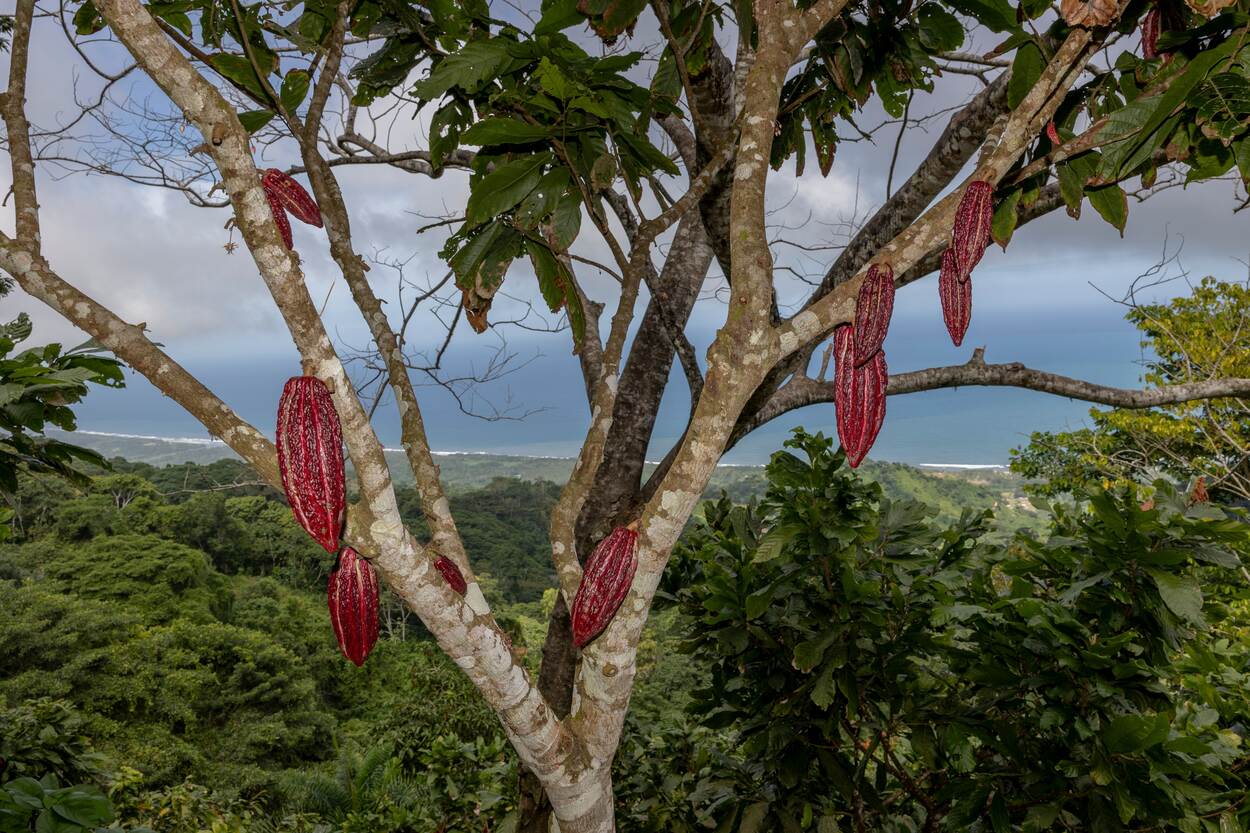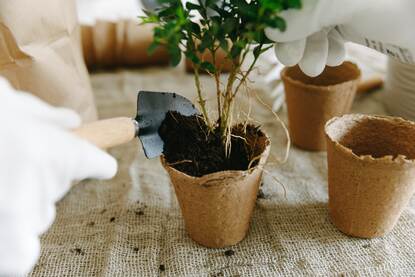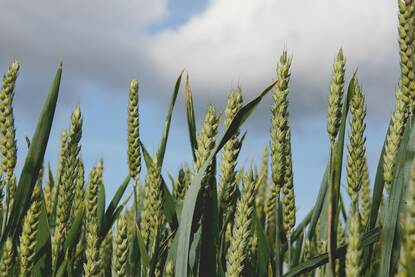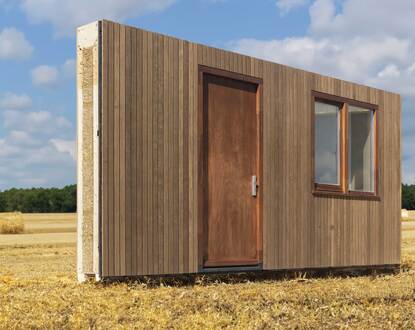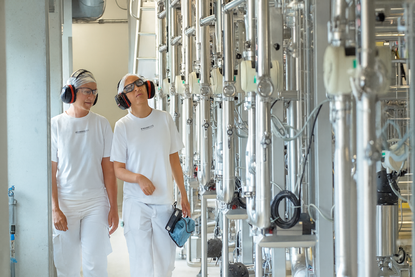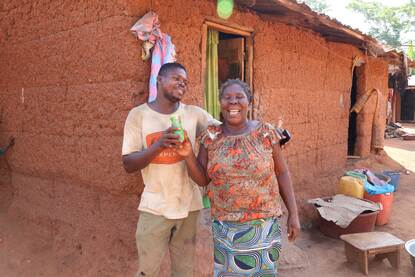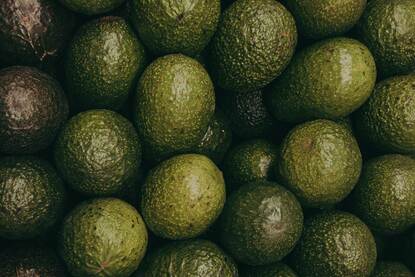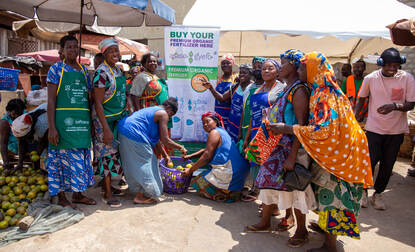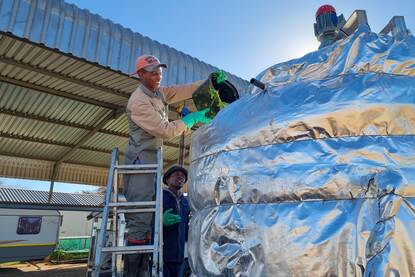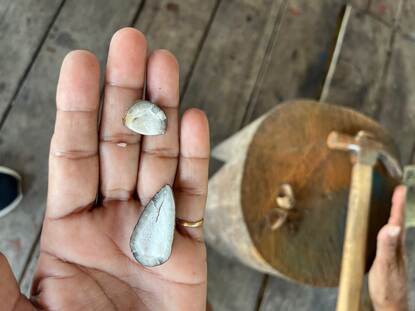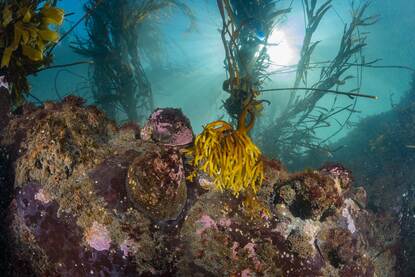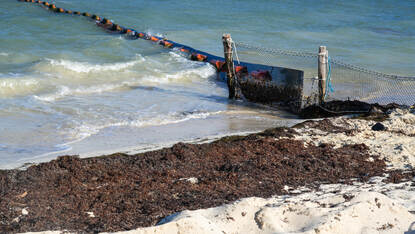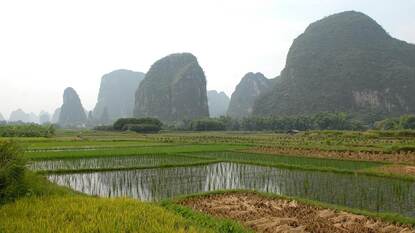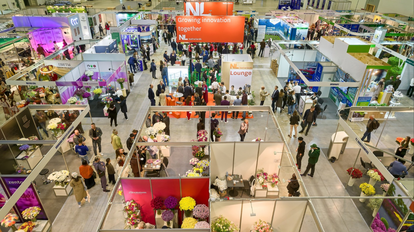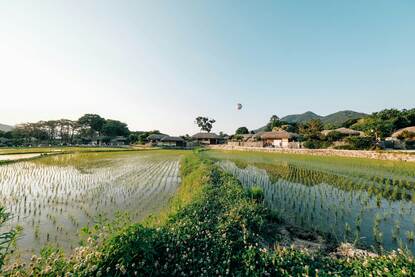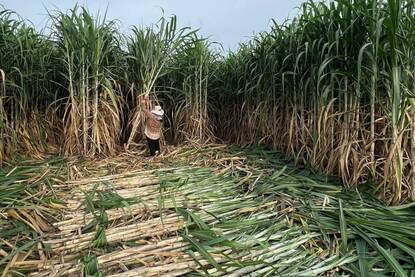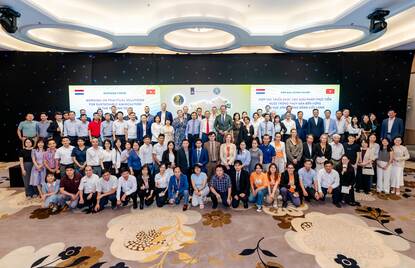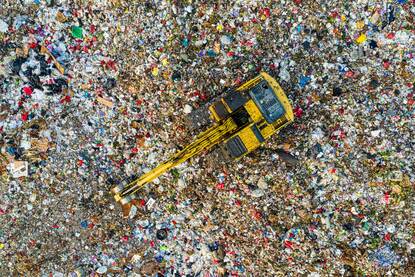Foto From tree to bean: cocoa cultivation in the heart of Putumayo, Colombia. Source: Conexión NGO - Colombia
Colombia is putting the principles of the bioeconomy into practice in its Amazon region. With support from the Netherlands and international partners, a new cocoa initiative is creating change by linking forest protection with income generation and local development.
Nationally, Colombia has made the bioeconomy a policy priority through its 2021 Bioeconomy Strategy, while government agencies and local communities advance complementary initiatives in non-timber forest products, sustainable tourism, and circular industries. ‘Zero deforestation’ is defined in line with standards of the European Union (EU) and the Food and Agriculture Organization of the United Nations (FAO), using cutoff dates, geospatial traceability, and forest conservation criteria to ensure compliance with international market requirements.
In Colombia's Amazon region, a pioneering project called ‘Zero deforestation cocoa: A model for sustainability and market access for agroforestry cocoa producers in the Colombian Amazon’ is demonstrating how the bioeconomy can support conservation and rural livelihoods. The project is financed through the Amazon Bioeconomy Fund of the Inter-American Development Bank (IDB), with support from the Netherlands, and promotes zero-deforestation cocoa agroforestry in Caquetá and Putumayo, regions in southern Colombia.
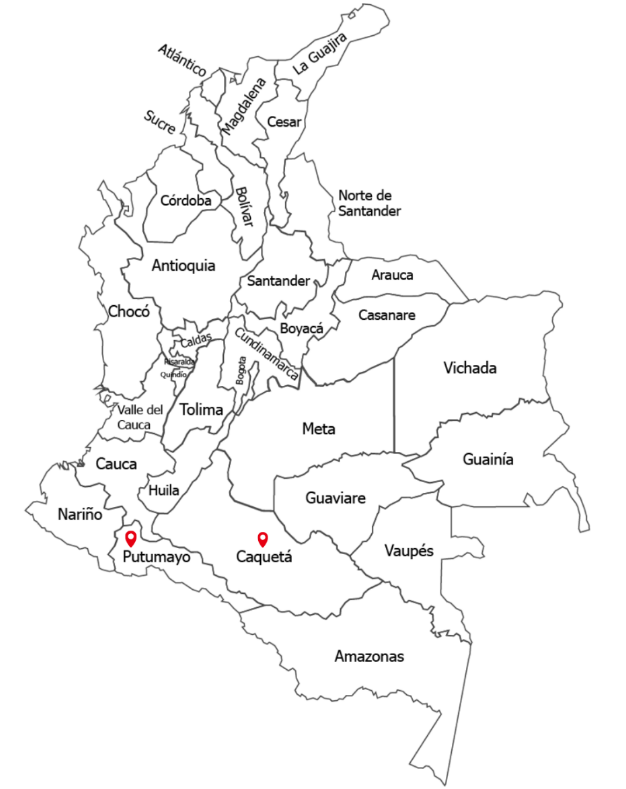
The project is led by Conexión Colombia, a national non-profit organization that 1) has a strong expertise in sustainable value chains and blended finance, and 2) aims to strengthen biodiversity-friendly farming practices while supporting smallholder farmers in accessing international markets, particularly in European countries such as the Netherlands, France, Switzerland, and Belgium. The initiative will focus on connecting with small and medium-sized European processors that prioritize quality and sustainability.
A pathway through the bioeconomy
While the Amazon is globally recognized for its ecological value, it also faces increasing threats from deforestation and unsustainable land use. The project envisions a bioeconomy pathway – anchored in sustainable agroforestry systems, zero-deforestation value chains, and biodiversity conservation – that fosters inclusive development by improving smallholder livelihoods, strengthening local organizations, and opening access to international markets. This approach combines ecological restoration with economic resilience, ensuring that development in the region is both environmentally responsible and socially equitable.
‘Bioeconomy offers a promising path for inclusive development in the Amazon region’
This initiative positions cocoa agroforestry as a flagship product within Colombia's Amazonian bioeconomy. The project strengthens forest-preserving value chains by introducing a zero-deforestation traceability system, improving farmer capacities through technical assistance and organizational support, and fostering commercial alliances with European markets. These measures not only enhance producers’ livelihoods but also contribute to long-term goals of climate resilience and biodiversity protection.
Strategic alignment with peacebuilding goals
The zero-deforestation cocoa project aligns closely with Colombia's rural development strategy, particularly the Comprehensive Rural Reform established under the 2016 Peace Agreement with the FARC (Revolutionary Armed Forces of Colombia). This reform seeks to transform historically marginalized rural areas by addressing unequal land distribution, expanding access to public goods and services, creating sustainable economic opportunities, and protecting natural ecosystems—measures considered essential for building lasting peace.
Following more than two years of technical planning, stakeholder consultation, and institutional coordination, the project was approved by the Amazon Bioeconomy Fund donor committee in 2024. It has been endorsed by Colombia's Ministry of Agriculture and Rural Development (MADR) and the Rural Agricultural Planning Unit (UPRA) and is currently in its final stages of design.
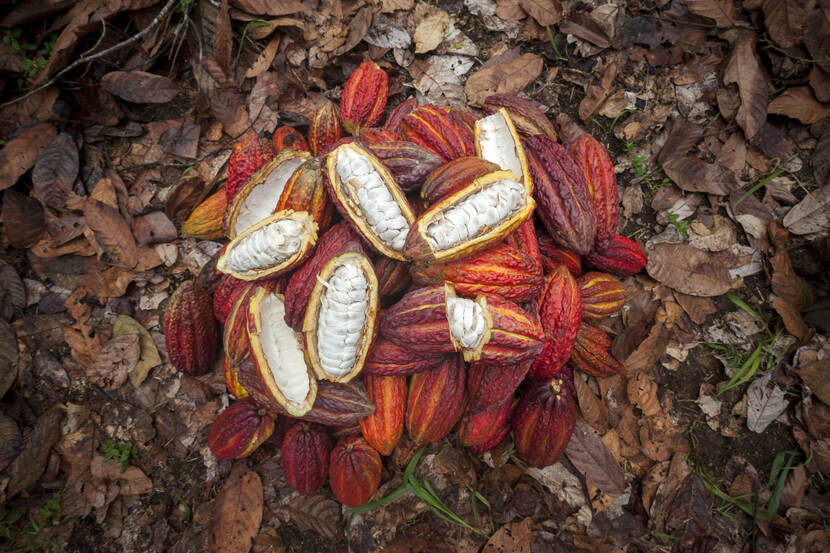
Two pillars for sustainable cocoa
The project is built around two key components:
- Traceability and market access: a pilot traceability system will be developed to ensure cocoa production complies with international due diligence and deforestation-free standards, including the EU Deforestation Regulation (EUDR). This supports Colombia’s efforts to establish a national traceability framework and builds on other initiatives led by the Netherlands Agricultural Network (LAN) team at the Dutch Embassy in Bogotá.
- Agroforestry and biodiversity: farmers will receive support to adopt climate-resilient cocoa agroforestry systems that curb deforestation while boosting biodiversity and food security. These models mix cocoa with shade trees, fruits like açaí or copoazú, and native timber, creating productive landscapes that balance conservation and livelihoods.
Focus on high-biodiversity regions
Activities will be concentrated in two biologically rich areas: the Napo Moist Forests and the Eastern Cordillera Real Montane Forest. Both are located in the regions of Caquetá and Putumayo and are considered national conservation priorities.
The initiative is set to benefit smallholder cocoa farmers and their families, as well as institutions involved in rural and environmental policy. More broadly, it is intended as a model for how bioeconomy strategies in the Amazon can deliver sustainable livelihoods, advance social equity, and protect critical ecosystems.
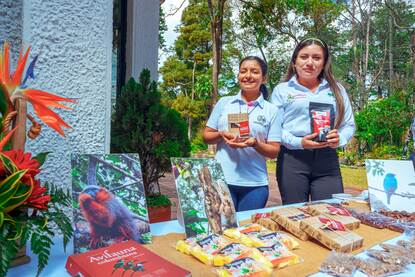
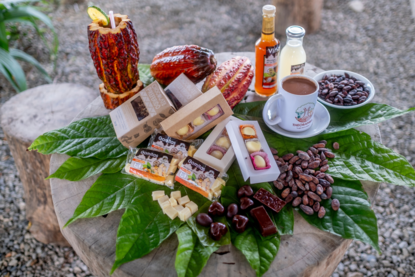
Dutch support
The role of the Netherlands goes beyond financial support. Conexión, as the institutional successor of ICCO Cooperation in Latin America, brings Dutch roots and decades of experience in sustainable value chains, inclusive business, and blended finance to the region. This background enables strong alignment with the LAN team’s expertise in agricultural innovation, zero-deforestation traceability, and market access for biodiversity-friendly products.
The Netherlands will add value through knowledge transfer, connections with European buyers, and technical leadership in areas such as circular agriculture and climate-smart finance. Looking ahead, the partnership will expand towards scaling traceability systems to other crops, strengthening biocultural governance, and deepening trade and investment links between Colombian producers and European markets.
More information
Would you like to know more about the bioeconomy in Colombia? You can visit the country page of Colombia on the website Agroberichtenbuitenland.nl of the Dutch Ministry of Agriculture, Fisheries, Food Security and Nature. You can also send an email to the LAN team in Bogotá: bog-lvvn@minbuza.nl. For more information on the cocoa project, you can also send an email to Conexión: a.bernal@conexionla.org.
